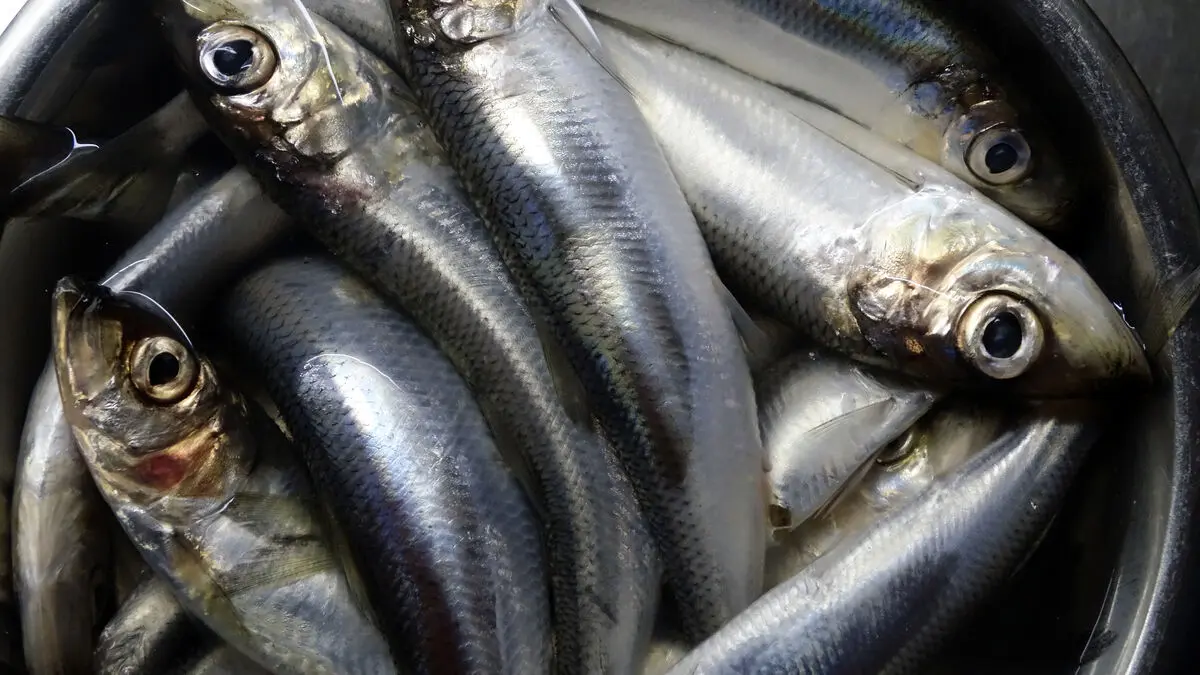No other country has expressed support for the Commission's proposal, says Peter Kullgren ahead of Monday's and Tuesday's negotiations in Luxembourg on quotas.
The European Commission proposes that the quota for herring in the central part of the Baltic Sea (an area from the height of Gävle down to Bornholm) should be at the same level as this year. For the Gulf of Bothnia, simply put north of Gävle, the Commission proposes a reduction of clearly more than half of this year's quota, so that the species can survive.
– The Commission's proposal is fundamentally good and had it proposed even lower quotas, we would not have had anything against it, says Kullgren.
S wants to stop
The Social Democrats, however, believe that the government is entering the game with a too soft line.
– We stand firm that fishing for herring in the Baltic Sea should be stopped, says Åsa Westlund, spokesperson for S in fishing issues.
She believes that it should be self-evident for the government to drive it.
– Otherwise, there will soon be no herring fishing left to conduct, she emphasizes.
But Peter Kullgren claims that the stop line would make the other EU countries completely stop caring about Sweden's goal of keeping the quotas down by supporting the Commission's proposal.
– It will be extremely challenging negotiations. My approach is that we should be involved and negotiate and influence. If we say no to the Commission's proposal, the Commission will be left alone, says Kullgren, who implies that his Finnish colleague wants to allow much more fishing than the Commission.
Save exceptions
A problem for the Swedish government is that the Commission no longer proposes an exception for small-scale, coastal fishing in the western Baltic Sea. This would hit hard on Swedish coastal fishing culture, which is intended for dinner tables, not large-scale industrial fishing where herring and sprat become fishmeal.
This is how the catch quotas in the Baltic Sea have developed for some of the most sensitive species since 2016:
Sprat/herring in the Gulf of Bothnia and the Bothnian Bay: 120,872 tonnes (quota 2016) – 25,560 tonnes (proposal for 2026)
Sprat/herring in the central Baltic Sea: 177,505 tonnes (2016) – 83,881 tonnes (proposal for 2026)
Cod in the eastern Baltic Sea: 41,143 tonnes (2016) – 159 tonnes (proposal for 2026)
Salmon in the Baltic Sea: 95,928 pieces (2016) – 25,487 pieces (proposal for 2026)
Sources: European Commission and the Agency for Marine and Water Management.






